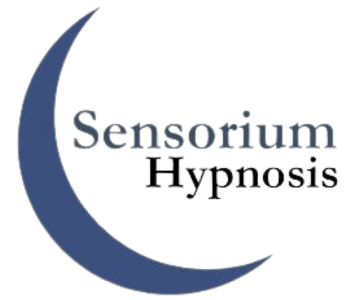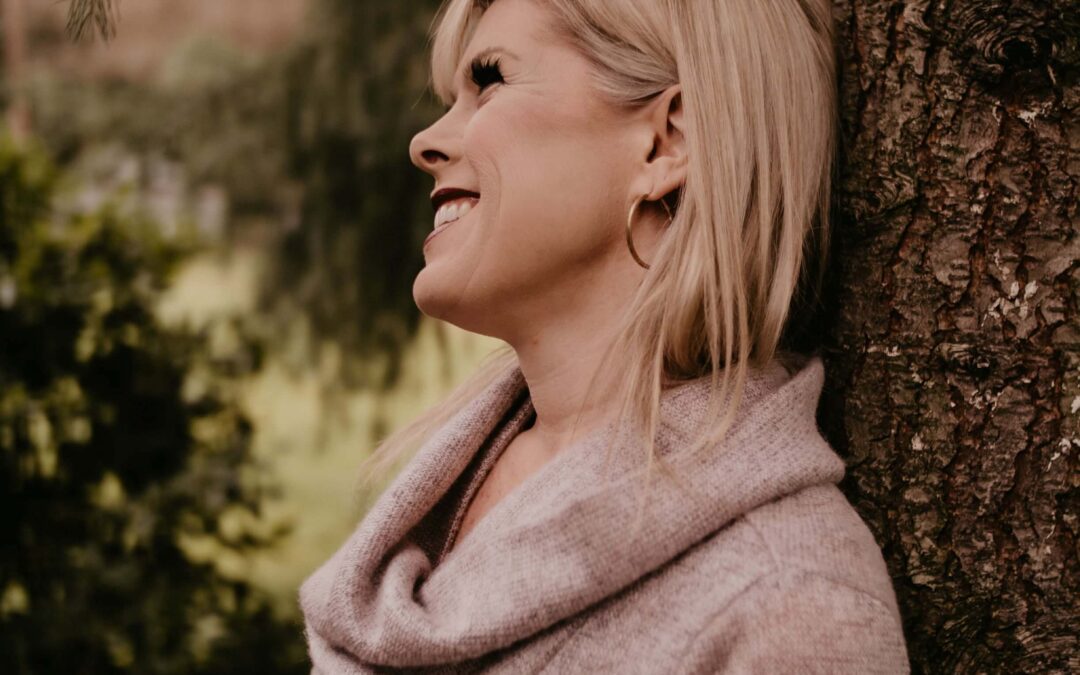Self-Care vs Emotional Care: Understanding the Key Differences
The concepts of self-care vs emotional care are often used interchangeably, but they are not the same. Both are essential for maintaining overall well-being, but they address different aspects of health. Understanding these differences can help you find the right approach to nurture your body, mind, and spirit. By addressing both physical and emotional health, you set the foundation for a happier, healthier life.
What is Self-Care?
Self-care is all about looking after your physical health. It’s the set of practices and habits that help you maintain your energy, stamina, and overall well-being. This includes eating nutritious foods, getting regular exercise, ensuring you get enough sleep, and taking time to unwind. It’s easy to think of self-care as just pampering yourself, but at its core, self-care is about giving your body what it needs to function at its best.
When I ask clients to share their self-care regimen, without missing a beat, they rattle off their weekly calendar: gym, chiropractor, massage, yoga, planned activities with friends, and so on. It’s a well-rehearsed list of obligations disguised as indulgences. But when I shift the question slightly and ask, “How do you take care of yourself emotionally?” there is a long, awkward pause. The most common replies are “Gosh, Amy, I just don’t know” or “I do all those self-care things I just mentioned. I count that as ‘me’ time.”
This is where the paradox begins. None of those activities truly qualify as “me” time because every single one involves someone else. Whether it’s the instructor, the practitioner, or even just the environment of the gym or studio, these are spaces filled with external input—not internal stillness. These activities, while beneficial for physical and social well-being, rarely touch the deeper, more elusive realm of emotional care.
Common Self-Care Practices
- Regular exercise: Moving your body keeps your muscles strong and helps improve your mental clarity. Whether it’s yoga, running, or dancing, make sure to find an activity you enjoy.
- Healthy eating habits: Eating a balanced diet filled with nutrients helps you maintain energy levels throughout the day.
- Sleep management: Quality sleep is essential for both physical and mental health. Aim for 7-9 hours of uninterrupted rest.
- Taking breaks from work or stressors: In our busy lives, it’s important to take moments to pause and reset.
- Relaxation techniques like meditation or yoga: These help reduce stress and keep you grounded.
These self-care activities help you recharge and restore your physical body, preparing you for the emotional work that lies ahead.
What is Emotional Care?
While self-care addresses your body’s needs, emotional care focuses on your mental and emotional health. It’s about giving attention to your feelings, recognizing emotional distress, and addressing it in healthy ways. Emotional care involves understanding your emotions, being mindful of your inner state, and actively working to process or release negative emotions.
Unlike self-care, which is often tangible and physical, emotional care tends to be more internal. It’s an ongoing process that encourages you to reflect on your emotional well-being and seek support when necessary. Emotional care isn’t just about “feeling better”; it’s about emotional healing and resilience, allowing you to navigate life’s ups and downs with a stable and clear mind.
Common Emotional Care Practices
- Mindfulness and emotional awareness: Being present with your emotions and acknowledging how you feel can be transformative.
- Journaling: Writing about your thoughts and feelings helps you process and release pent-up emotions.
- Therapy or counseling: Talking with a professional helps you gain deeper insights into your emotional health and begin healing.
- Building emotional resilience: Learning how to bounce back from challenges and disappointments is a key component of emotional care.
- Seeking social support: Connecting with friends, family, or support groups helps nurture your emotional well-being.
By embracing emotional care, you’re not just managing stress or anxiety; you’re actively creating a healthier mindset that helps you make thoughtful decisions, maintain positive relationships, and live more authentically.
The Difference Between Self-Care and Emotional Care
One could argue—and I certainly will—that self-care and emotional care aren’t quite the same thing. Whereas self-care may address some of our emotional needs, it typically falls under the category of “what we think we should do.” It’s a prescriptive formula that aligns with societal standards of “healthy living.” Go to the gym. Eat clean. See your chiropractor. Get that massage. It’s the checklist of the “inner helicopter parent”—overattentive, overprotective, and fear-based. It’s a way of staying busy and doing what seems “right,” but it’s rarely introspective.
Emotional care, on the other hand, is a deeper, more vulnerable practice. It requires self-reflection, radical self-honesty, and the courage to sit in stillness with yourself. It is the conscious act of holding space for your emotions, your thoughts, and the unfiltered truths of your inner world. And that scares many people. Evidence of this fear is abundant in how people’s “downtime” is often filled with distractions and constant activity: scrolling through emails or social media, binge-watching YouTube, picking out new tiles for the kitchen, or hunting online for accent rugs. It may even take the shape of being overly involved in solving other people’s conundrums. People go to great lengths to prevent themselves from being alone with themselves. Some of you are smiling right now because you recognize yourself in these examples.
Most people cannot sit still long enough to hear their own thoughts, let alone the echoes of their soul’s wisdom. They are not present for themselves. Instead, they seek outside noise—stimulation, activity, distraction, validation, confirmation, or some form of dopamine rush to fill the void. But emotional care requires you to be present for yourself in a way that feels both sacred and challenging. It’s about asking yourself the hard questions: What am I feeling? Why am I feeling this way? What do I need right now that I’m not giving myself?
How Self-Care vs Emotional Care Work Together
While self-care and emotional care serve different purposes, they are deeply interconnected. Self-care vs emotional care should not be seen as isolated practices but as a holistic approach to well-being. When your physical body is nurtured, your emotional health improves, and vice versa. For example, when you practice self-care and get enough sleep, you may find it easier to manage your emotions. Likewise, emotional care—such as processing stress—can help reduce physical symptoms like fatigue or muscle tension.
From a spiritual perspective, this distinction can be likened to the difference between polishing the exterior of a vessel and filling it with something nourishing. Self-care, as most people practice it, is like keeping the outer walls of a temple pristine. Emotional care, however, is about stepping inside that temple, lighting the sacred fire, and communing with the divine presence within.
Actionable Tips for Balancing Self-Care and Emotional Care Achieving a healthy balance between self-care and emotional care doesn’t happen overnight. It requires daily intention and practice. Here are some practical steps you can take to care for both your body and emotions:
- Integrate emotional awareness into your routine: Reflect on your emotions regularly. Journaling and meditation are great ways to check in with yourself.
- Practice mindfulness meditation: Mindfulness can help reduce anxiety, improve mental clarity, and enhance emotional well-being.
- Exercise regularly: Whether it’s yoga, a morning jog, or a dance class, physical activity benefits both your body and mind.
- Reach out to loved ones: Share how you feel with someone you trust. Emotional support is vital for mental health.
- Set boundaries: Make sure you’re not overwhelming yourself with obligations that may strain your mental or physical health.
By nurturing both your emotional and physical needs, you’ll develop a well-rounded approach to self-care that supports your long-term happiness.
Conclusion: Prioritize Both for Holistic Health
In conclusion, balancing self-care vs emotional care is essential for maintaining a healthy mind, body, and spirit. Both are interdependent, and neglecting one can result in physical or emotional strain. When you make time to care for both your physical and emotional well-being, you’re more likely to experience long-term happiness, clarity, and resilience.
True emotional care begins when you dare to sit with yourself, embrace your vulnerability, and honor the sacredness of your soul’s journey. So, the next time you think about self-care, ask yourself: Am I tending to my outer life, or am I also nurturing my inner world? Am I listening to the voice within, or am I drowning it out with noise?
Remember, emotional care isn’t just about managing your feelings—it’s about nurturing your soul.
#SelfCare #EmotionalCare #InnerPeace #SoulHealing #SelfReflection #SpiritualGrowth #InnerJourney #Mindfulness #EmotionalWellbeing #SelfLove #PersonalGrowth #Introspection #WellnessTips #MentalHealth #HealingJourney #SelfDiscovery #SoulExpansion #SpiritualEvolution #SpiritualCoaching
Find me on YouTube, by clicking here: Amy the Hypnotist – Higher Self Expert – YouTube
Click here to enjoy my guided healing meditations: Meditation to Soothe Exhaustion and Feelings of Being Overwhelmed
Connect with Amy, the article’s author online at www.sensoriumhypnosis.com. There you can book a free consultation to explore one-to-one self-healing sessions or the vast array of other tools and resources available.

